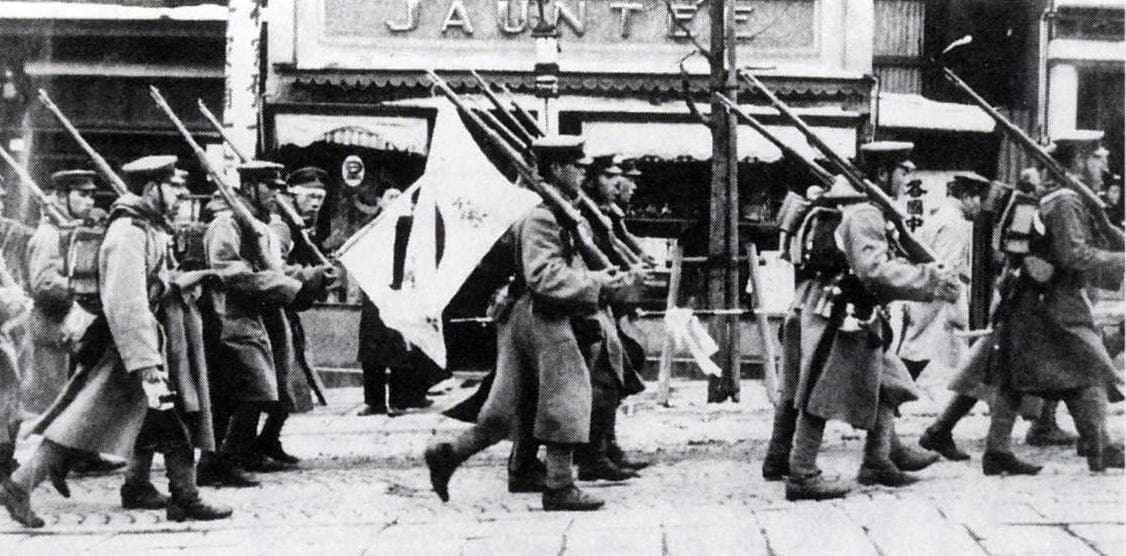Noah Smith: Simplistic WWII Narratives Risk Repeating Catastrophic Historical Errors

Prominent writer and economist Noah Smith recently issued a stark warning regarding the interpretation of World War II, cautioning that reducing its complex lessons to a simplistic narrative risks repeating past global failures. In a social media post, Smith articulated, > "If you think the lesson of WW2 is that 'Germans are bad', you're doomed to repeat the actual mistakes that led to WW2." This statement underscores a critical perspective on historical understanding and its implications for contemporary geopolitics.
Smith, known for his incisive commentary on economics and global affairs through his "Noahpinion" blog, frequently emphasizes the enduring but often forgotten lessons of the mid-20th century. He has previously argued that the "Great World War 2 Afterparty is over," suggesting that the moral clarity and stability derived from the Allied victory, and upheld by the "Greatest Generation," have been gradually spent down. This erosion of historical understanding contributes to a resurgence of illiberalism and global instability reminiscent of the 1930s, necessitating a nuanced view of history beyond superficial blame.
The "actual mistakes" leading to World War II, as implied by Smith, encompass a range of complex factors beyond inherent national character. Historical analysis points to the punitive terms of the Treaty of Versailles, the devastating global economic depression, the rise of aggressive nationalism and totalitarian ideologies like Nazism, and the failure of international institutions such as the League of Nations to enforce collective security. These systemic political, economic, and diplomatic missteps created an environment ripe for catastrophic conflict, far removed from a simple narrative of inherent national malevolence.
Smith's warning resonates with broader discussions among historians about the utility of historical analogies and the dangers of misinterpreting the past. His work often connects historical patterns to current events, arguing that understanding the mechanisms of past crises is crucial for navigating present-day challenges. He contends that a superficial understanding of history can lead policymakers and the public to overlook critical warning signs, making societies vulnerable to repeating similar errors in an increasingly complex global landscape.
The ongoing relevance of these historical lessons is a recurring theme for Smith, who has noted that the world is facing a "darkness" akin to the 1930s, partly due to the squandering of moral leadership and the rise of new authoritarian powers. His admonition serves as a call for deeper historical engagement, urging a focus on the structural and ideological missteps that precipitated the global conflict to prevent similar catastrophes in the future and to rebuild the foundations of international stability.